By Lisha Gandhi MSN, FNP-C
Clinical Administrator, Ketamine Wellness Centers, Houston
Anxiety and depression are hitting Texans harder than the already high national average according to the Kaiser Family Foundation. Perhaps that’s not surprising. Lockdowns, the pandemic, political turbulence, racial tension, historic storms, power grid failures. In 12 months, Texans have been pummeled over and over.
The pandemic alone has created layers of uncertainty and fear about everything from health and family to work and economic stability. Isolation and social distancing shred support systems and human connections. By mid-2020 the Centers for Disease Control found some rates of anxiety and depression had tripled and quadrupled.
It’s important to know that for some, depression and anxiety are temporary and manageable. But for those already struggling, this has been a year filled with mental health landmines that can easily blast stability into tiny pieces and leave individuals vulnerable and overwhelmed.
Anxiety and depression have different effects on different people. It can increase your blood pressure and pulse, create rapid breathing and tense muscles, digestion can slow, and you may feel tired and lethargic. Your immune system also weakens, especially problematic during this lingering health crisis.
Some strategies can help steer you back to safer territory. Above all, avoid the temptation to discontinue your current treatments because you think they’re not working. Pay close attention to your habits, including the way you think and any tendency to let negative thoughts consume you. Manage your priorities and make smaller, more easily accomplished lists. Practice breathing exercises. Relax and try meditation or yoga and spend time with friends, even if it’s just a phone call or video chat. Exercise releases natural stress relieving endorphins and a healthy diet rich in nutrient-packed fruits and vegetables can help along with avoiding alcohol and caffeine.
If you feel like you’re continuing to lose ground, professional support can get you back on track and you may benefit from changing to new therapies, such as ketamine infusion which can provide sustained relief from conditions such as difficult-to-treat depression that isn’t responding to other treatments.
KWC has two centers in Texas and, as the largest ketamine therapy provider in the country, over the past 10 years KWC has provided safe and successful care in over 50,000 treatments.
“Ketamine therapy is a proven huge advance in the treatment of major depression, anxiety and chronic pain,” says Kevin Nicholson CEO and President of Ketamine Wellness Centers (KWC). “Responsible ketamine therapy demands precisely controlled clinical settings staffed by experienced and knowledgeable medical professionals”.
Each KWC clinic combines a healing therapeutic environment with precise, tailored infusions and treatment plans individualized to each patient. A medical professional stays with the patient during every treatment providing continual medical monitoring and that extra level of reassurance. Each treatment plan starts with a comprehensive medical and psychological screening and after treatment regular follow ups from our team help track and support the continued control of symptoms that has been so hard for some to achieve and maintain over the past 12 months.
If you think ketamine therapy may be right for you, consult your current healthcare provider and you can also talk with us today to learn how we can help you, Call (855) KET-WELL or email us. There is hope, there is help.





